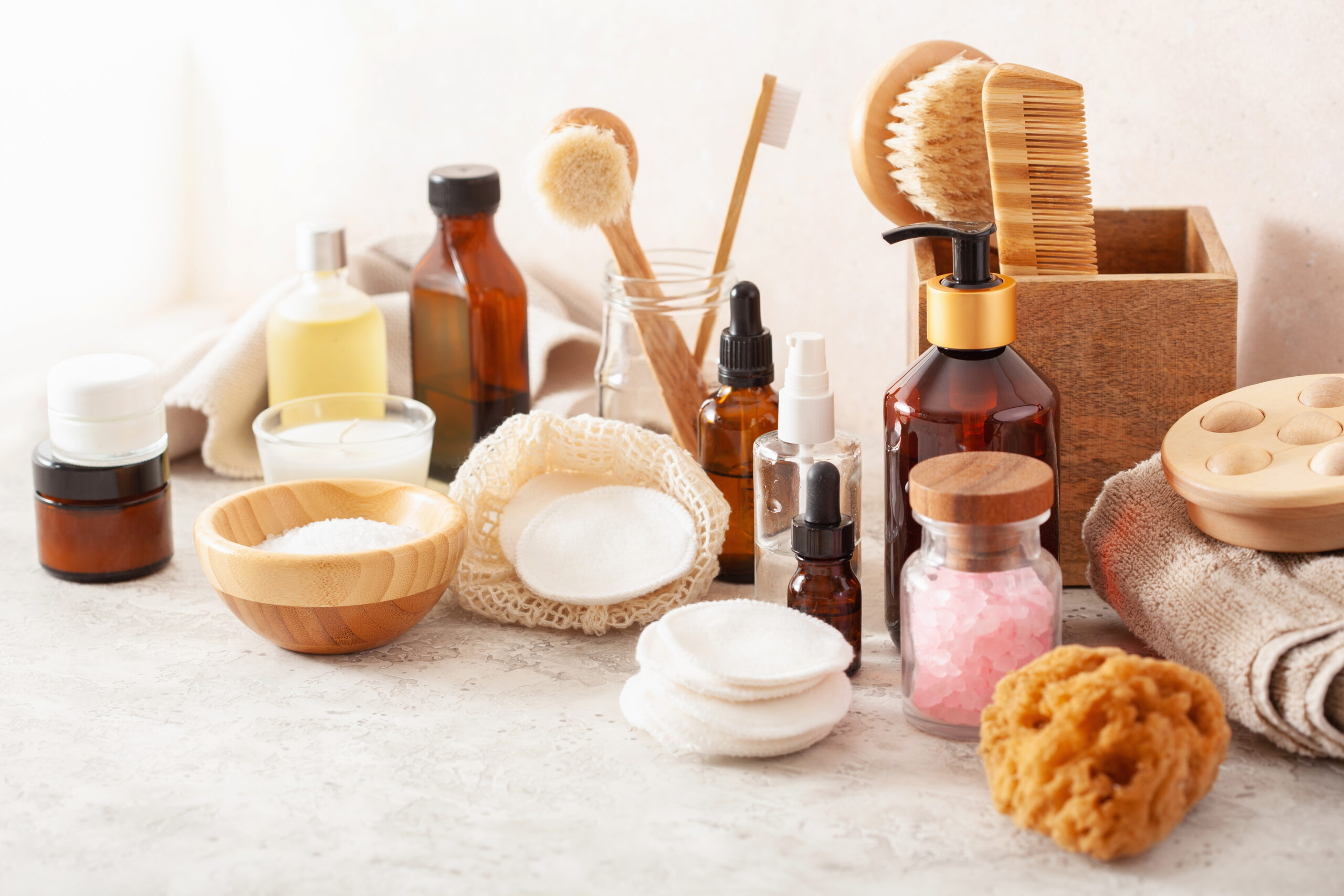Products of personal care and cosmetics undergo extensive examination for contaminants from microorganisms and chemicals as well as the hazardous components used in production processes. The manufacturers and suppliers of cosmetics and personal care goods are able to reach compliance and marketability through testing, which also provides a sense of security regarding the quality of these items.
Individual cosmetic ingredient safety testing is typically not necessary, but the majority of completed cosmetic products must pass the following five fundamental tests:
Microbiological Testing
Microbiological testing of cosmetic and personal care products is essential to ensure their safety and quality by detecting harmful microorganisms such as bacteria, yeast, and mold. This testing assesses the presence and levels of potentially harmful contaminants that could compromise product safety, lead to infections, or spoil the product.

Chemical Contaminant Testing
It is essential to identify and quantify potentially harmful chemicals, ensuring product safety and regulatory compliance. This testing detects contaminants such as heavy metals (e.g., lead, mercury, arsenic), residual solvents, dioxane, and other toxic substances that may be harmful to human health.
Preservative Effectiveness Testing
Preservatives are used in the formulation to effectively inhibit the growth of harmful microorganisms, such as bacteria, yeast, and mold, over the product's shelf life. It helps manufacturers determine if their preservative system is sufficient or if reformulation is needed to prevent contamination, ensuring that the product remains safe for consumer use throughout its intended lifespan.
Product Stability Testing
Product stability testing of cosmetic products evaluates how well a product maintains its quality, safety, and efficacy over time under various conditions. This testing simulates real-world storage scenarios to assess changes in the product's physical, chemical, and microbiological characteristics throughout its shelf life.
Product Safety Testing
Product safety testing of cosmetic products is essential to ensure that they are safe for consumer use and do not cause adverse reactions. This testing typically includes dermal Irritancy Testing (the tendency of a product to irritate the skin), Ocular Irritancy Testing (the tendency of a product to irritate the eyes), Dermal Sensitization Testing (the tendency of a product to produce skin rashes, swelling or other types of adverse reaction)
Cosmetic manufacturers may choose to test further to guarantee the safety and functionality of their products. They also might do tests to see how well the product meets certain standards or expectations of the consumer such as whitening, moisturizing, or wrinkle resistance.
